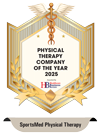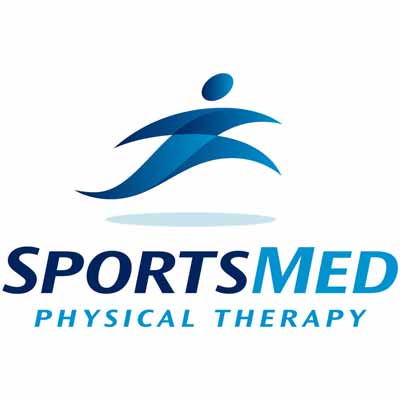What is a Herniated Disc?
The human spine is made up of vertebrae. In between each vertebrae are jelly discs (called intervertebral discs) that provide cushioning and act as a ligament. The outside of each disc is fibrous and holds the inner jelly like substance. If for some reason the outer layer tears, the jelly substance can spill out causing a slipped or herniated disc.
Symptoms of a Herniated Disc
It is possible to have a herniated disc and have no symptoms but most of the time they can be quite painful. The jelly substance that spills out can put pressure on nerves coming out of the spinal cord which can lead to numbness, tingling, or muscle weakness. Areas affected are determined by the location of the herniation, which usually occur in the lower (lumbar) back or neck (cervical). If the herniation occurs in the lumbar spine, it is usually felt in the glutes, leg, calf, or foot and will cause issues when walking. If the issue is in your cervical spine, the pain is located in the arm or shoulder and can make holding things difficult. Sometimes, herniated discs can cause other conditions such as spinal stenosis or sciatica .
Causes of a Herniated Disc
Usually herniations occur as a result of disc degeneration due to aging. As we age, discs can lose fluid and become more susceptible to tearing. Herniations can also occur as a result of stress from lifting incorrectly, contact sports, too much sitting, or the stress from having too much excess weight.
Do You Have a Herniated Disc? Schedule an Appointment Today!
If you have any questions, or want a consultation with a professional, feel free to call, or schedule an appointment online at any of our Bergen County or Passaic County offices in New Jersey. Choose from Glen Rock, Franklin Lakes, Fair Lawn, Ho-ho-kus/Ridgewood, and/or Clifton – we make it possible for you to visit any of our offices at your convenience.
Treatment for a Herniated Disc
Most of the time, those affected can manage their pain by avoiding certain positions and following a proper exercise program. The level of pain will determine if medications such as pain killers, muscle relaxers, or cortisone injections are necessary. Treatments such as Spinal Decompression Therapy may also be recommended to reduce the stress of the herniated disc. In severe cases surgery may be required to remove the disc completely (discectomy) or just the herniated portion (microdisectomy).
Prevention of a Herniated Disc
The best way to prevent a herniation is through regular strength training exercise. Targeting the muscles of the back can help keep the spine in good posture and avoid excess stress on intervertebral discs. On top of that, if you have sedentary job, getting up and moving periodically can help prevent herniations as well as other conditions. Stop sitting so much!
Do you suffer from a herniated disc? Contact Us To Schedule An Appointment Today.






